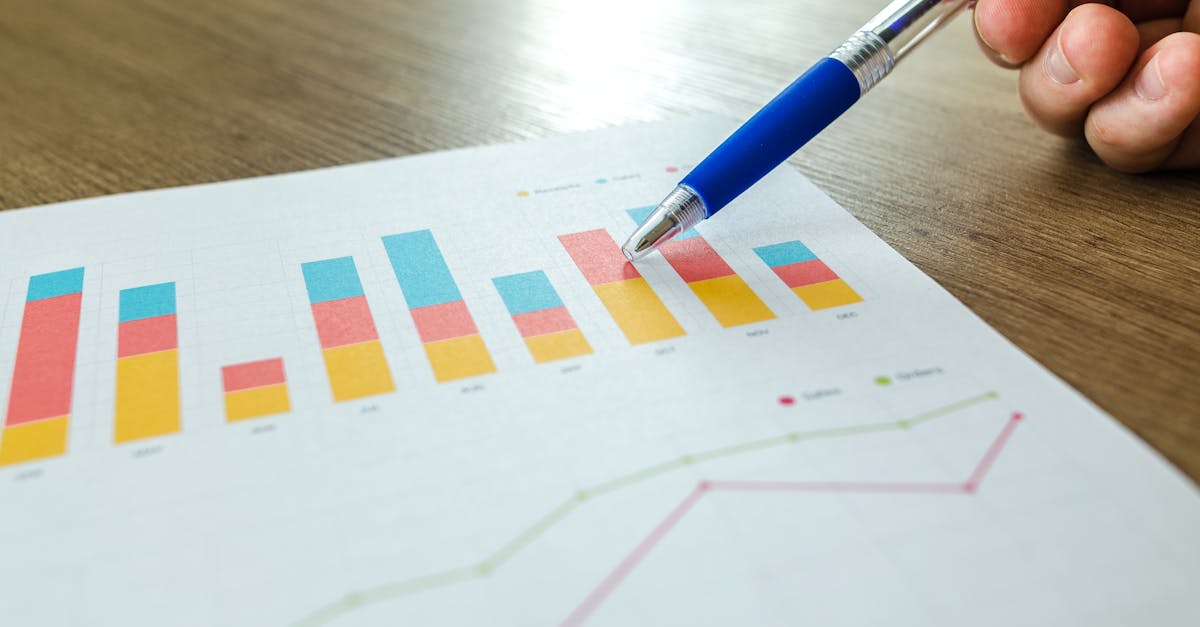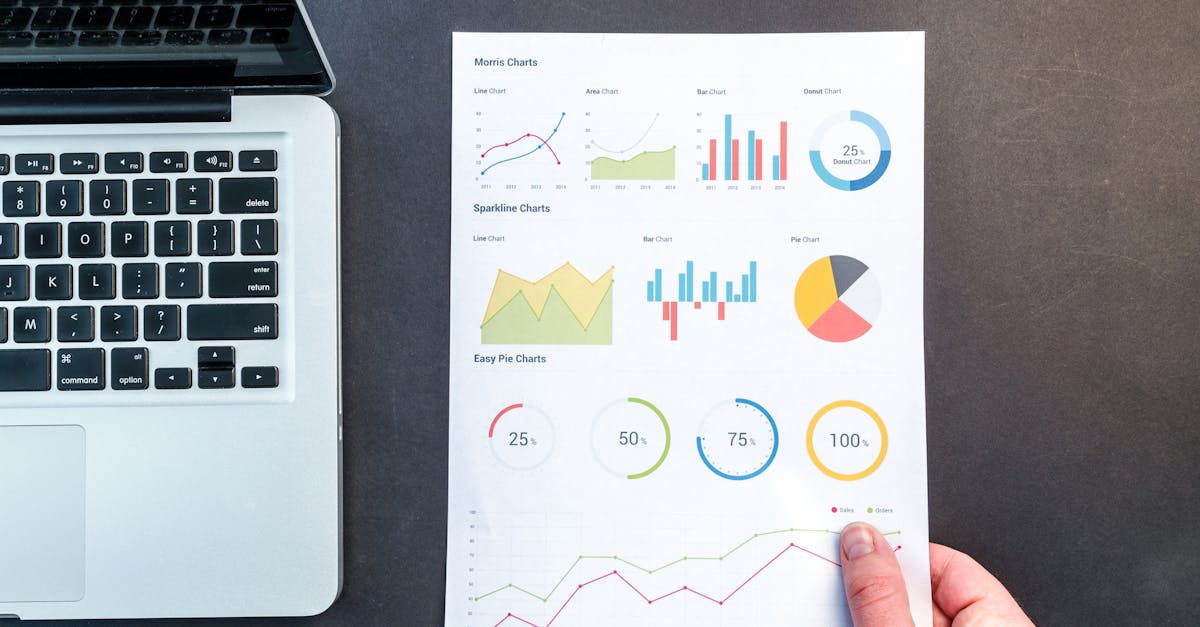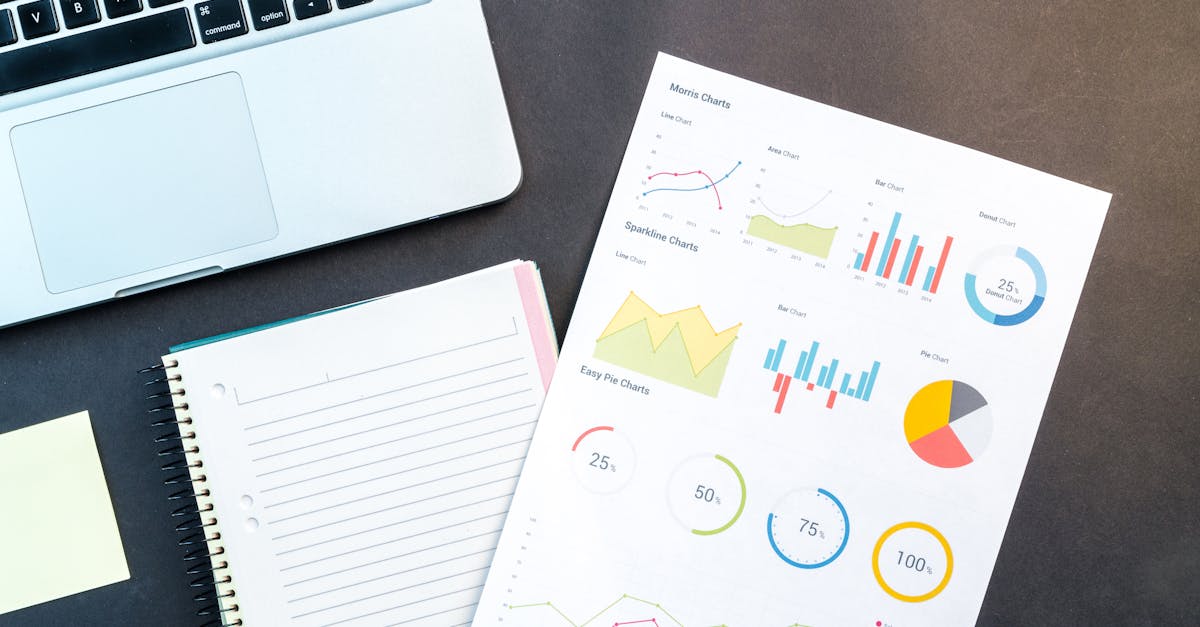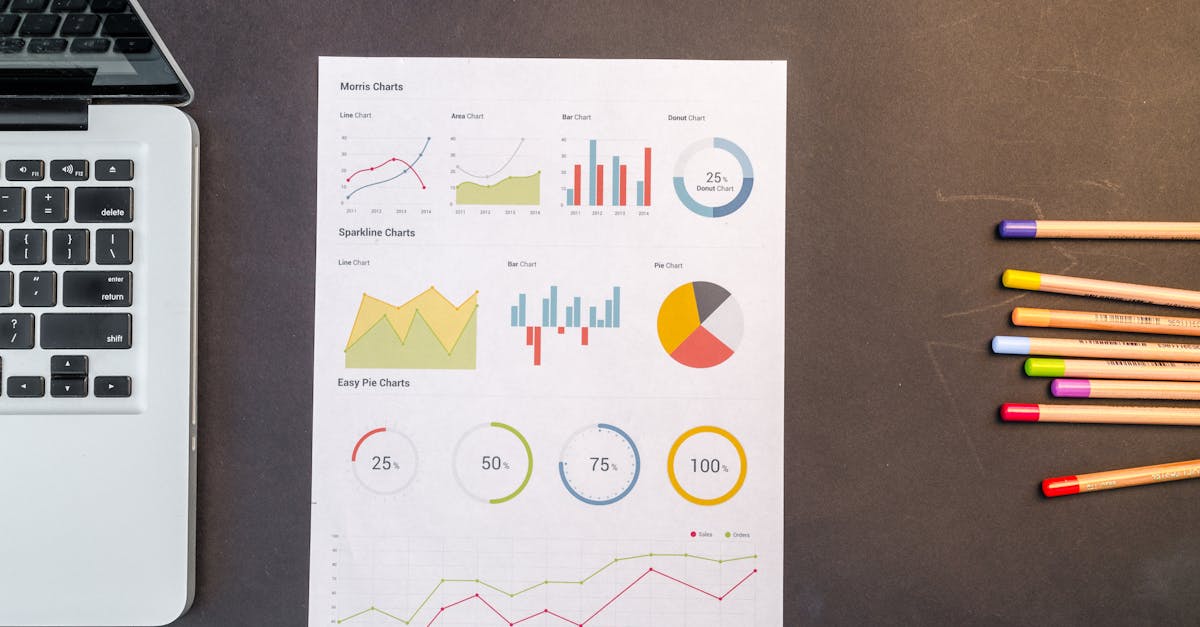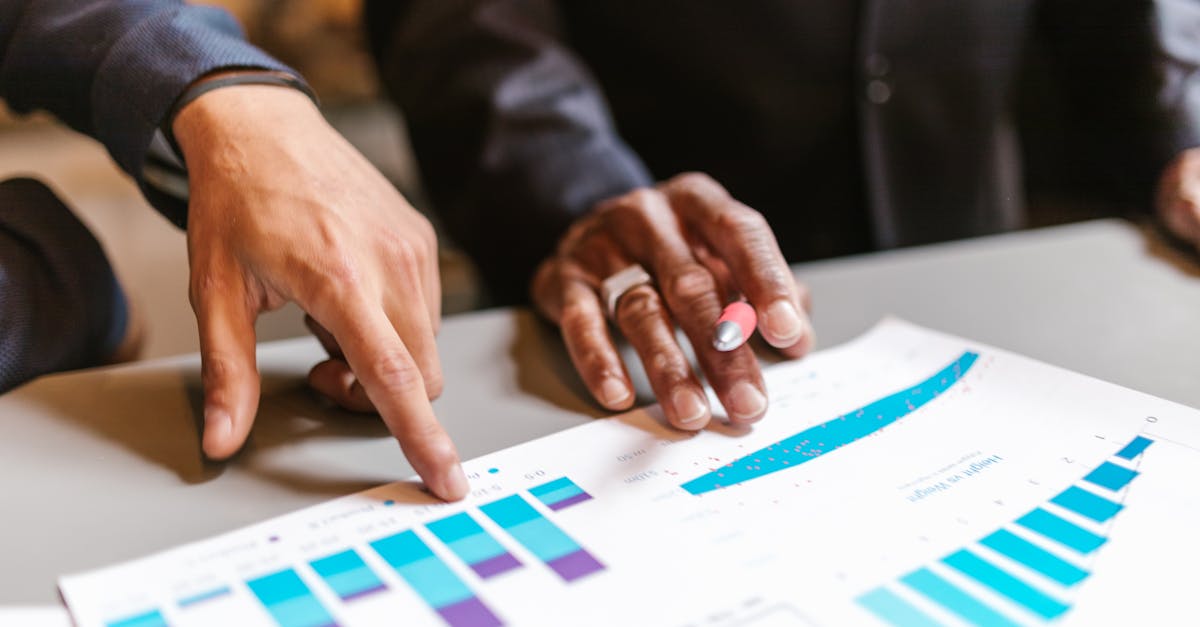
Table Of Contents
Measuring the Effectiveness of Backlink Strategies
Evaluating the effectiveness of backlink strategies is essential for improving local SEO performance. Tracking metrics such as referral traffic and domain authority can provide insights into how well backlinks contribute to visibility and organic search rankings. Analysing these metrics allows businesses to determine which sources are driving the most traffic and which connections yield the best results.
In addition, monitoring keyword rankings and overall search engine performance helps to understand the direct impact of backlinks on local SEO. Tools like Google Analytics and various SEO platforms can assist in this evaluation. By establishing clear goals and regularly assessing backlink effectiveness, businesses can fine-tune their strategies to enhance their online presence within local markets.
Tools and Metrics for Evaluating Backlink Performance
To measure the effectiveness of backlink strategies, employing the right tools and metrics is essential. Various analytics tools enable businesses to track the number and quality of backlinks pointing to their websites. These tools often provide insights into the domain authority of linking websites, allowing for a better understanding of how backlinks contribute to overall search rankings. Monitoring metrics such as referral traffic can help businesses see the direct impact backlinks have on engagement and conversions, particularly for those focusing on Local SEO.
Utilising tools like Google Analytics, Moz, and Ahrefs can facilitate a clearer picture of backlink performance. Setting up specific goals within these tools can help assess how each backlink influences business objectives, especially in a local context. Evaluating metrics such as anchor text diversity and the relevance of linking domains can inform strategies for improving local online presence. Understanding these elements forms the backbone of a successful backlinking campaign tailored to Local SEO needs.
Common Mistakes to Avoid in Backlinking
Many businesses overlook the significance of relevance when acquiring backlinks. Focusing solely on quantity rather than the quality and relevance of links can undermine local SEO efforts. Backlinks from unrelated sites may not only dilute the brand’s authority but also raise red flags for search engines. Ensuring that links originate from reputable, niche-specific websites can enhance the overall effectiveness of the backlink strategy.
Another common mistake is neglecting to track and assess the performance of acquired backlinks. Without a proper evaluation of which links contribute positively to local SEO rankings, businesses may miss opportunities to refine their strategies. Regularly monitoring backlink portfolios allows for the identification of low-performing links that may need to be removed or replaced, ensuring that backlink efforts continue to drive meaningful results.
Identifying and Steering Clear of LowQuality Links
Low-quality backlinks can significantly harm your site's rankings and credibility. It is essential to identify links from sources with little authority or relevance to your niche. These may include spammy websites, link farms, or sites with excessive advertising. Engaging with such links can lead to penalties from search engines, which may ultimately undermine your efforts in local SEO.
To steer clear of low-quality links, regular audits of your backlink profile are crucial. Tools that analyse link quality can help identify potentially harmful connections. Look for domain authority metrics and assess the relevance of linking domains to your business. Ensuring that your backlink strategy focuses on high-quality, relevant sources will strengthen your local SEO initiatives and improve your site's overall performance in search engine results.
Leveraging Social Media for Backlink Opportunities
Social media platforms serve as valuable arenas for attracting backlinks while simultaneously enhancing visibility. Engaging content shared on these networks can entice users to connect with your brand, thereby increasing the likelihood of others linking back to your website. When a post resonates, especially within community-focused groups, the potential for garnering attention and citations from local blogs or news outlets grows significantly. This interaction not only promotes your content but also boosts its credibility, an essential factor within the realm of local SEO.
To maximise backlink opportunities, it is essential to build a robust social media presence. Regularly sharing informative articles, local events, and community news fosters connections with influencers and local businesses. When these organisations recognise your contributions, they may link back to your site from their platforms, amplifying your reach. Moreover, actively engaging with followers can lead to organic shares, further expanding your content’s footprint within local communities and enhancing overall local SEO efforts.
How Social Engagement Can Generate Valuable Links
Social media platforms offer a significant opportunity for businesses to generate valuable backlinks. Engaging content can spark conversations, leading audiences to share posts or articles. Each share not only increases visibility but also enhances the likelihood of other websites linking back to the original content. This organic sharing can create a ripple effect, where high-quality backlinks arise from increased reach and interaction.
Moreover, actively participating in community discussions on social media can position a business as an authority in its niche. When local businesses share insights or engage with their audience, it fosters trust and credibility. This trust can translate into more websites referencing the business in their content, thereby boosting Local SEO efforts. The interplay between social engagement and backlink generation highlights the importance of a well-rounded digital marketing approach.
FAQS
What are backlinks and why are they important for local SEO?
Backlinks are links from one website to another, and they are important for local SEO because they signal to search engines that your website is credible and relevant. High-quality backlinks can improve your site's authority, helping it rank higher in local search results.
How do I measure the effectiveness of my backlink strategy?
You can measure the effectiveness of your backlink strategy by using various tools and metrics. Look at metrics such as domain authority, referral traffic, and the number of backlinks from relevant, high-quality sources. Tools like Ahrefs, Moz, and Google Analytics can help track these metrics.
What are some common mistakes to avoid when building backlinks?
Common mistakes include focusing on quantity over quality, acquiring links from low-quality or irrelevant sites, neglecting to diversify your backlink profile, and using manipulative tactics like link farming. It's essential to build a natural, high-quality backlink profile for best results.
How can I identify low-quality backlinks?
You can identify low-quality backlinks by examining the domain authority of the linking sites, checking for spammy or irrelevant content, and looking at the overall link profile of the linking site. Tools like Moz and SEMrush can help you assess link quality.
Can social media really help in generating backlinks?
Yes, social media can be a powerful tool for generating backlinks. By sharing engaging content and actively participating in discussions, you can attract attention from other websites and bloggers, increasing the likelihood of them linking back to your content.




















